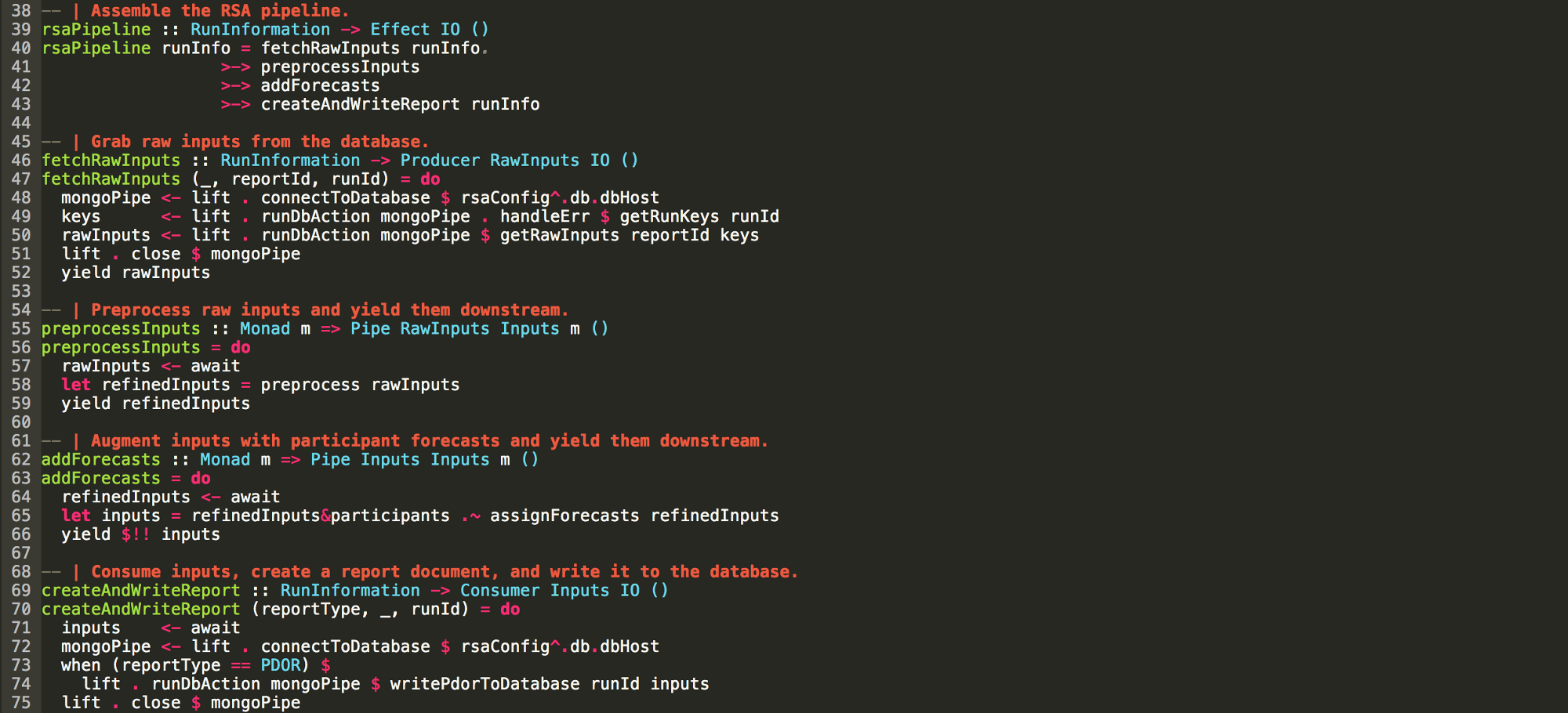Author
Mario Souto
DevSnack #53: Scala, Elm, Elixir, Clojure and the list goes on. The software industry is adopting a lot of functional concepts by creating functional programming languages or adding functional support to existing programming languages. If you are not using a functional programming language per se, it is highly likely that you are using one of those concepts in your application. But, what is functional programming? How different is from object oriented programming? Let’s talk about some aspects of this paradigm.
#1 – What functional programming is and why it makes you better
First, why should I care about functional programming? This post by Charlie Gower (@charliejrgower) answers this question by listing some benefits for both the programmer learning this paradigm, and the application built using this approach.
#2 – Learning functional programming with JavaScript
Anjana Vakil (@anjanavakil) talks about functional programming, pure and impure functions, high-order functions and some JavaScript libraries for efficient immutability.
#3 – Object Oriented Programming vs. Functional Programming
Bill Gathen (@epicpoodle) goes through the differences between Object Oriented Programming and Functional Programming using a short Ruby example.
#4 – Functional Programming is finally going mainstream. Why now?
Functional Programming is not a new concept at all, in fact it has been around for a long time. But why all of a sudden it has become so popular? Matthew Gertner (@plasticmillion) talks about this.
#5 – Developing a Purely Functional Web Application
Finally, Michal Plachta (@miciek) develops a purely functional web application using Elm and Haskell for the frontend and backend respectively.

DevSnack by Moove-it is licensed under a Creative Commons Attribution-ShareAlike 4.0 International License.



